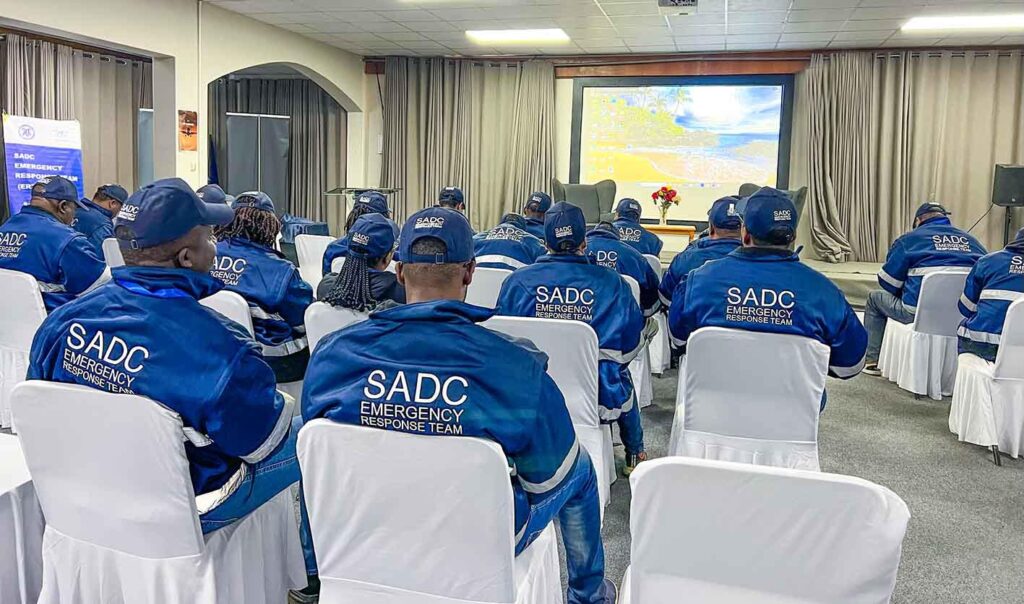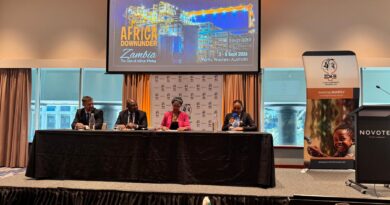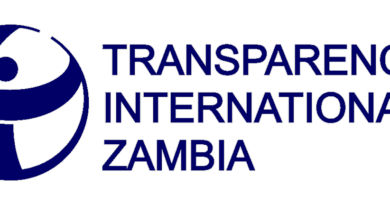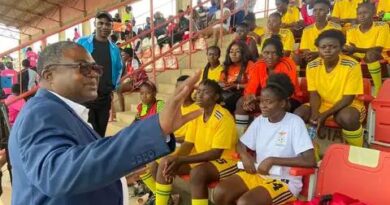SADC Trains Second Cohort of Emergency Response Team in Zimbabwe
The Southern African Development Community (SADC) has successfully completed the induction training of its second Emergency Response Team (ERT) cohort, strengthening the region’s capacity to respond rapidly and effectively to disasters.
The two-week programme, held in Nyanga from 24 August to 4 September 2025, was organised in partnership with the Government of Zimbabwe, the SADC Humanitarian and Emergency Operations Centre (SHOC), the United Nations Office for the Coordination of Humanitarian Affairs (OCHA), and the International Federation of Red Cross and Red Crescent Societies (IFRC).
The training was designed to familiarise participants with SADC’s emergency preparedness and response framework and to prepare them for rapid deployment to disaster-stricken Member States. The ERT will support national authorities in coordinating humanitarian assistance during emergencies.
Zimbabwe’s Deputy Minister of Local Government and Public Works, Honourable Engineer B. Kabikira (MP), officially opened the training. He highlighted the importance of building regional resilience, calling for greater use of geospatial innovations, cross-border collaboration, harmonised search and rescue standards, and investment in both supplies and skilled personnel.
United Nations Resident and Humanitarian Coordinator in Zimbabwe, Dr Edwar Kallon, commended the initiative, stressing that preparedness was key to safeguarding communities. He underscored the UN’s commitment to working with SADC through frameworks such as the Sendai Framework for Disaster Risk Reduction, which promotes early warning systems and integration of risk reduction into national planning.
Ms Nana Dlamini, Acting Head of the Disaster Reduction Unit at the SADC Secretariat, praised the region’s progress in disaster risk management, noting that the ERT training was both building responders and cultivating future trainers.
Other speakers included Honourable Advocate Misheck Mugadza (MP), Minister of State for Provincial Affairs and Devolution for Manicaland Province; Mr Anderson Banda, Director of SHOC; and Mr Peter Muller, OCHA’s Global Lead for Disaster Assessment and Coordination. All emphasised the need for continued collaboration and specialised training to strengthen surge capacities in areas such as civil-military coordination, search and rescue, and information management.
The training drew on the United Nations Disaster Assessment and Coordination (UNDAC) Mission Cycle, adapted to the SADC context. It combined plenary and group sessions, simulation exercises, and technical drills under compressed timelines.
Participants represented 13 SADC Member States: Angola, Botswana, the Democratic Republic of Congo, Eswatini, Lesotho, Madagascar, Malawi, Mozambique, Namibia, South Africa, Tanzania, Zambia and Zimbabwe.
SADC officials said the second cohort marks a significant step towards ensuring that the region is better prepared to respond to disasters, protect development gains, and safeguard vulnerable communities.



